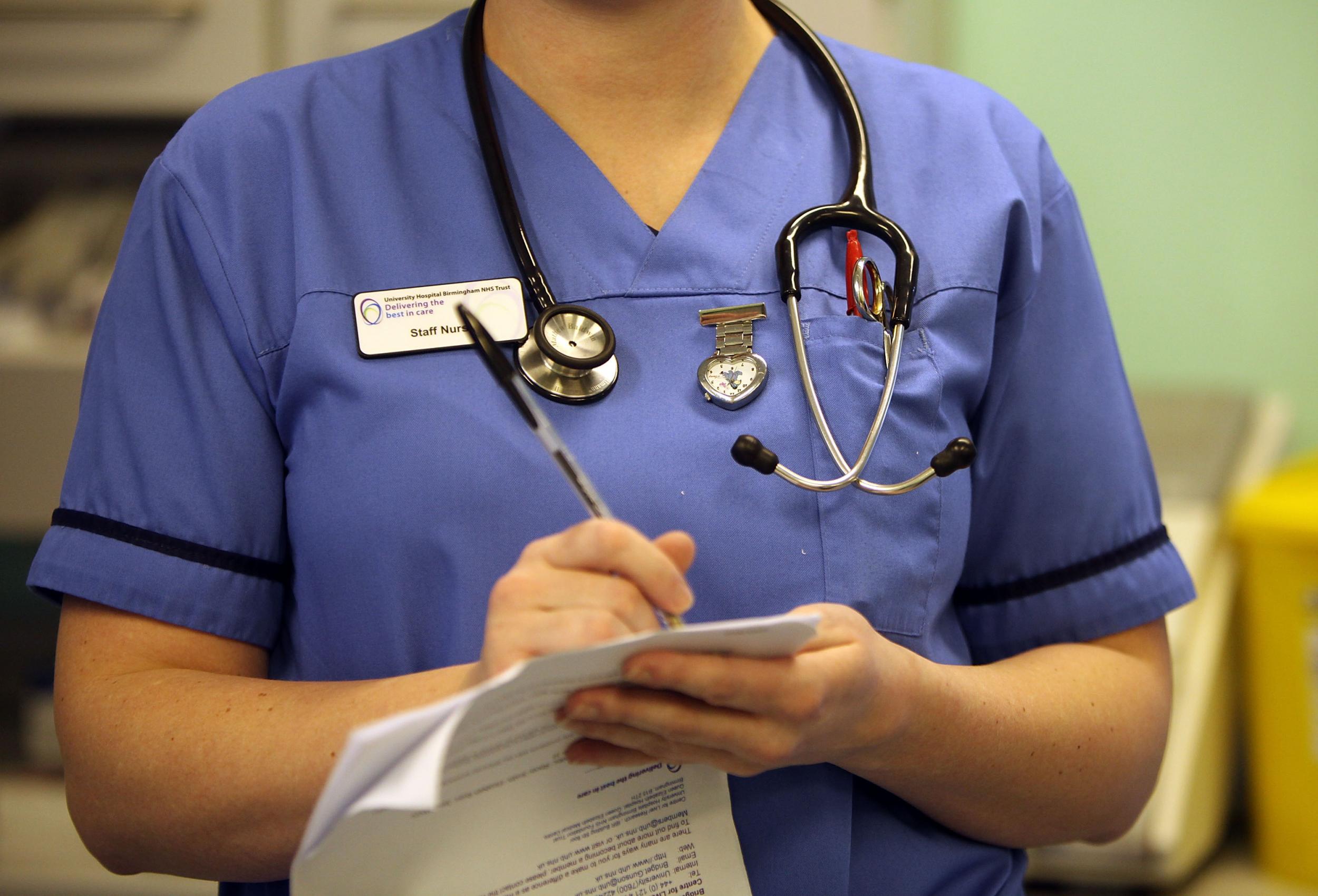Health trusts reveal thousands of doctor and nursing positions lie vacant
'Time and again, the NHS finds that failing to train enough staff is its Achilles' heel'

Your support helps us to tell the story
From reproductive rights to climate change to Big Tech, The Independent is on the ground when the story is developing. Whether it's investigating the financials of Elon Musk's pro-Trump PAC or producing our latest documentary, 'The A Word', which shines a light on the American women fighting for reproductive rights, we know how important it is to parse out the facts from the messaging.
At such a critical moment in US history, we need reporters on the ground. Your donation allows us to keep sending journalists to speak to both sides of the story.
The Independent is trusted by Americans across the entire political spectrum. And unlike many other quality news outlets, we choose not to lock Americans out of our reporting and analysis with paywalls. We believe quality journalism should be available to everyone, paid for by those who can afford it.
Your support makes all the difference.One in ten nursing positions and thousands of doctor posts are lying vacant, trusts and health boards have said.
Around two-thirds of UK trusts and health boards, struggling to cope with a shortage of qualified staff, are seeking applicants from abroad to fill the vacancies, a freedom of information request by the BBC showed. Some were travelling as far as India and the Philippines.
The vacancy rate for doctors is seven per cent and for nurses 10 per cent compared with the Office of National Statistics' average for the economy at large from between November 2015 and January 2016 of 2.7 per cent.
The data shows that on December 1 2015, the NHS in England, Wales and Northern Ireland had more than 23,443 vacant nursing posts and 6,207 doctor vacancies - and 106 out of 166 trusts in the regions also responded with information on the increase in vacancies over the last three years.
Between 2013 and 2015, nursing vacancies had increased by 50 per cent and open positions for doctors had risen by 60%, the BBC said.
Vacancy rates in Scotland are published quarterly and therefore not available but trusts north of the border contributed to information about recruiting abroad.
"Nursing posts are often the first target when savings need to be made, leading the NHS to find itself dangerously short and having to spend more on agency staff and recruitment from other countries,” said the chief executive of the Royal College of Nursing Janet Davies.
She added: "The modest increases made in training places are not nearly enough to tackle current problems or the significant challenges facing the NHS over the coming decade.
"Time and again, the NHS finds that failing to train enough staff is its Achilles' heel. The consequences are felt by nurses working under relentless pressure, and they are reflected in the sorry state of NHS finances."
A Department of Health spokesman said: "Staffing is a priority - that's why there are already over 29,600 extra clinical staff, including more than 10,600 additional doctors and more than 10,600 additional nurses on our wards since May 2010.There are more than 50,000 nurses currently in training.
They added: "However, we know that much more needs to be done to make sure we continue to have the right number of staff in training and on our wards so patients receive high-quality care 24 hours a day, seven days a week.
"That's why we are changing student nursing, midwifery and allied health professionals funding to create up to 10,000 more training places by the end of this Parliament."
Additional reporting by Press Association
Join our commenting forum
Join thought-provoking conversations, follow other Independent readers and see their replies
Comments